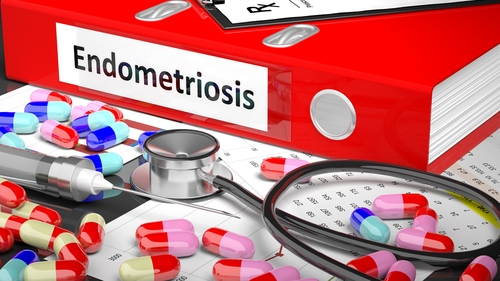Researchers in Australia reported that endometrial exposure to seminal plasma could contribute to the progression of endometriotic disease. The study, conducted at the University of Adelaide and titled “Seminal Plasma Promotes Lesion Development in a Xenograft Model of Endometriosis,” was published in The American Journal of Pathology.
“In laboratory studies, our research found that seminal fluid (a major component of semen) enhances the survival and growth of endometriosis lesions,” Dr. Jonathan McGuane, a co-lead author on the paper from the university’s Robinson Research Institut, said in a press release.
Louise Hull, an associate professor at the institute, said that while the cause of endometriosis, and its prevent or treatment, remain elusive, the study adds to knowledge of its aggravating factors. Current pharmacological therapies suppress endometriotic lesions and can ameliorate the symptoms of dysmenorrhea and chronic pelvic pain, but are associated with significant side effects. Surgical excision of endometriotic lesions also shows poor long-term efficacy, being associated with five-year recurrence rates of 40 percent to 50 percent.
“This is an important finding and raises the possibility that exposure of the endometrium (the inner lining of the uterus) to seminal fluid may contribute to the progression of the disease in women,” Professor Hull said, adding that more studies are necessary to establish the relationship between sexual activity and endometriosis. “The next stage of the research will look at what this means for women with and without endometriosis.”
It will be important to determine whether physiological routes of seminal plasma exposure do indeed confer an increased risk or contribute to endometriosis development in women. And, if so, what “modifications to sexual activity could lower the severity of the disease in women with endometriosis,” Professor Hull concluded.
Endometriosis, a condition in which uterine tissue grows outside the uterus, affects one in 10 reproductive-aged women, the study noted. Disease symptoms vary but can include painful menstrual periods and pelvic pain, and women with endometriosis may have difficulty conceiving.

